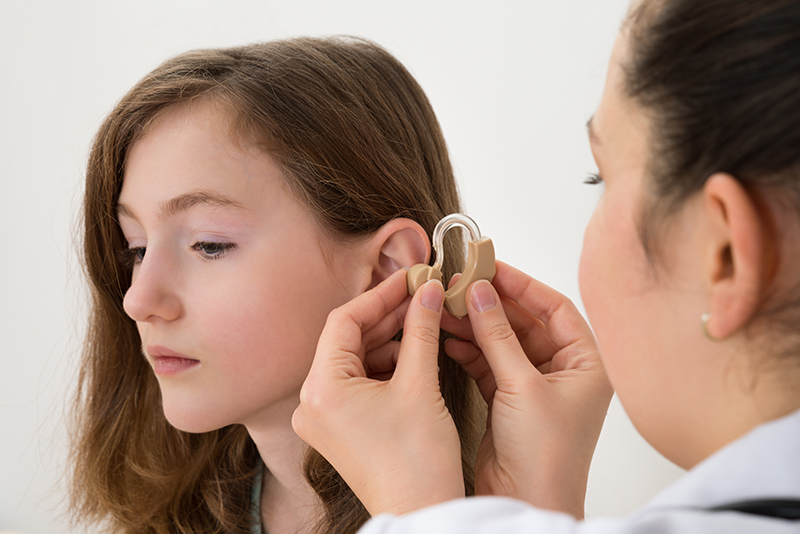Learning how to help someone communicate is an incredibly rewarding experience, both for the health care professional and for the patient. Like Annie Sullivan helped Helen Keller, those who work in communication sciences and disorders help patients of all ages and backgrounds who have speech, language or hearing disorders. The many careers available span from research to consulting and are located in universities, hospitals and government agencies. With consistent advances in technology, speech language hearing careers are constantly changing and those in the field are adapting with it.

Keeping Up with an Evolving Field
On-going research into speech, language and hearing disorders means that new methods for treating such disorders are being discovered regularly. For instance, a new study published by Indiana University School of Medicine highlights a method of growing inner ear tissue from human stem cells, which could lead to new therapies to treat these disorders.
Just last month, researchers from the CUNY Graduate Center and the NYU School of Medicine found just how important talking about hearing loss is when patients meet with their providers. Their report stresses how important it is that providers talk about hearing loss each time they see their patients, no matter their age. Early detection leads to more options when treating hearing and speech language problems.
Careers in Communication Sciences and Disorders
If you’re interested in a career in the rewarding field of communication sciences and disorders, consider becoming an audiologist or a speech-language pathologist. Audiologists work with patients of all ages to evaluate hearing or balance disorders, and can recommend various treatments. Specialization areas include rehabilitation, hearing loss prevention, and assessments. Speech-language pathologists study human communications and the problems that may occur in those systems. They evaluate, diagnose and treat speech and language disorders in patients of all ages.
